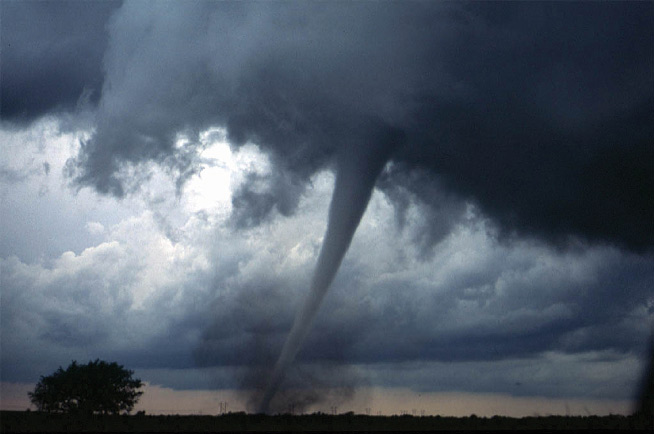
- Normalize any fear and concern. Assure your children that being frightened after such events is just part of being human.
- It is probably futile to try to hide or insulate your child from what has happened. News today is readily accessible and rapidly disseminated even among children
- While commiserating with your child that the recurrence of scary events in such close proximity is frightening, cast it in the context of the breadth of humanity and time with the accurate assurances that tragedy and misfortune remains the exception not the rule.
- Pre school aged children do not understand the concept of “rare” and should be told unequivocally that they are safe and that such horror will not occur to them. If applicable, assure them that these events took place far away from their home despite the immediacy of images and pictures.
- Since these recent events involved the death of children and grave injuries, it may be advisable to reiterate that death and infirmity are more typically and normally associated with aging and the elderly. This type of clarification is generally relevant only to children 6 and older who can understand this aspect of life.
- Limit your children’s exposure to media coverage and viewing that is known to only exacerbate such horror and fear. This is particularly important with regard to the tornados for which live and frightening footage is readily available.
- Do not be surprised if your child seems unfazed by this event but manifests or expresses fears at a later date. There is not uncommonly a dormant period following exposure to such potentially destabilizing occurrences.
- Elementary school aged children are often preoccupied with the facts or details of such tragedy. This is age-typical and refraining from a tempered and accurate response leaves them prone to more scary rumors and distortions.
- It is not uncommon for children to fear inclement weather especially accompanied by thunder and lightning. Such children may be particularly horrified by the events in Oklahoma. If such fears recur, address them promptly before they become entrenched.
- Children who are generally beset by anxiety or fears are also more at risk for an adverse response. All of these children deemed more at risk should be carefully observed for changes in their mood, behavior and even play.
We hope this advice is of assistance to you and please feel free to contact OHEL’s Rapid Response Trauma team for more assistance. We can be reached at 1800-603-OHEL
Dr. Norman Blumenthal, Ph.D.
OHEL’s Director of Trauma, Bereavement & Rapid Response Team Dr. Norman Blumenthal is a well known specialist and speaker in trauma. A licensed clinical psychologist in private practice in Cedarhurst, NY. Dr. Blumenthal is the former Director of Bereavement and Crisis Intervention Services for Chai Lifeline. Dr. Blumenthal also serves as Educational Director of the Bella and Harry Wexner Kollel Elyon and Semikha Honors Program at the Rabbi Isaac Elchanan Theological Seminary of Yeshiva University. Dr. Blumenthal is past Vice President of NEFESH. (An International Network of Mental Health Professionals).
OHEL TRAUMA Services Meets the Immediate Needs of Individuals, Families and Communities Facing Trauma. We offer Experienced Trauma Specialists, Provide Comfort and Professional Counseling, Resources and Referrals.
Please contact OHEL at 1800-603-OHEL or trauma@ohelfamily.org